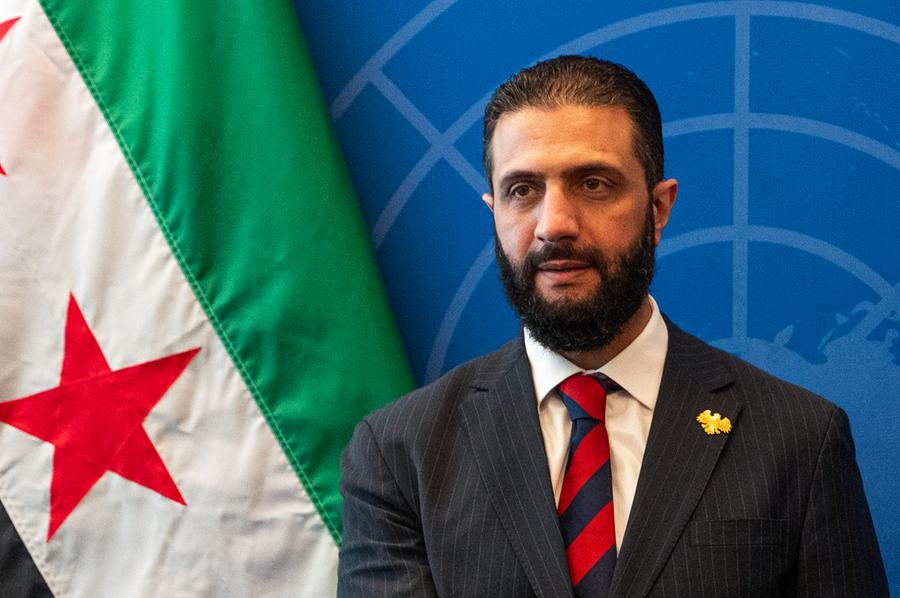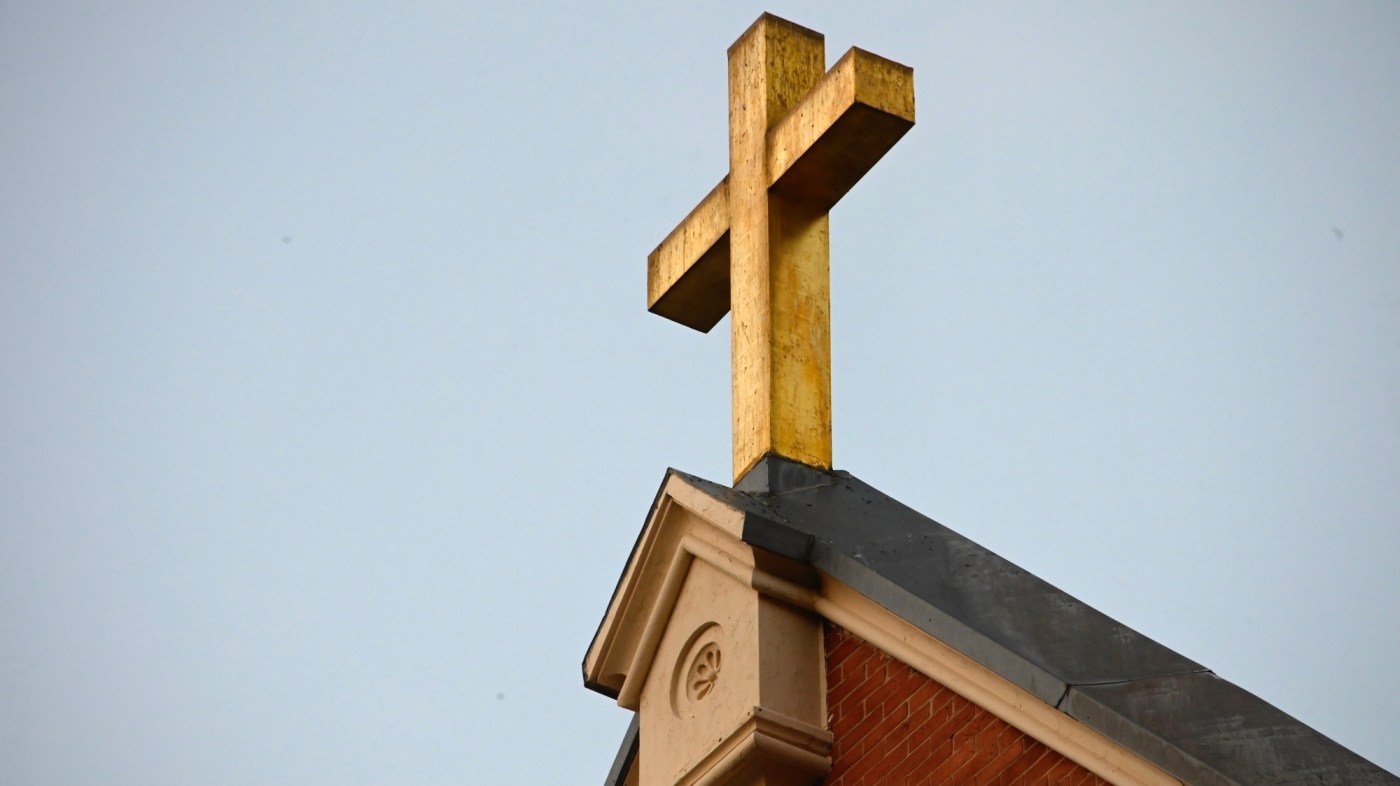
Syrian President Ahmed al-Sharaa recently asserted that his call for Israeli troops to withdraw from southern Syria is supported by the United States. During a significant visit to Washington, al-Sharaa, who previously had a $10 million bounty on his head for leading an Al Qaeda affiliate, engaged in discussions with US President Donald Trump and senior administration officials.
In an interview with the Washington Post, al-Sharaa indicated that while there is a “good distance to go” before a potential security agreement between Syria and Israel can be established, the presence of Israeli forces remains a major impediment. He specifically highlighted the Israeli military’s control of a region west of the Golan Heights, which was designated as a “buffer zone” following the chaotic conclusion of the Syrian Civil War and the subsequent violence against Druze minorities.
With al-Sharaa seemingly seeking to realign Syria with Western interests, he has urged Israel to revert to the December 8 borders. Interestingly, he did not tie the prospective security deal to a full withdrawal from the Golan Heights, an area Syria considers occupied. He criticized Israel’s demand for a demilitarized zone in southern Syria, questioning who would be accountable if it became a launch point for attacks against Israel.
Quoting al-Sharaa, he stated, “Israel occupied the Golan Heights in order to protect Israel, and now they are imposing conditions in the south of Syria in order to protect the Golan Heights.” He further warned that this approach could lead to a broader occupation of Syria under the guise of security.
Al-Sharaa’s visit has also ignited political discord within Trump’s base, particularly among his supporters. As recently as last year, al-Sharaa was identified as a wanted terrorist under the alias Abu Mohammad al-Julani, having led the Al-Nusra Front, the official Al Qaeda group in Syria. Following a merger with other militant factions, he now heads Hayat Tahrir al-Sham (HTS).
Since al-Sharaa’s ascent to power, the US has lifted sanctions against Syria, and both Washington and London have removed HTS from their lists of proscribed terrorist organizations. Despite these developments, there is significant unease among certain factions of Trump’s voter base regarding his administration’s diplomatic engagement with a former jihadist leader. Laura Loomer, a prominent far-right activist and Trump ally, criticized the administration’s decision to meet with al-Sharaa, suggesting he should have faced arrest upon entering the US.
In her remarks on X, Loomer expressed frustration, stating, “Sometimes I feel like some of the people who work for President Trump deliberately go out of their way to sabotage him.”
Importantly, both Al-Nusra and HTS have historically opposed the Islamic State (ISIS) during the Syrian conflict, largely due to ideological differences and hostilities between the two groups. In a related development, the US confirmed that Syria has become the 90th nation to join the Global Coalition to Defeat ISIS. Tom Barrack, the US special envoy for Syria, characterized this inclusion as a “pivotal moment in Syria’s history and in the global fight against terrorism.”
As diplomatic relations evolve, the ramifications of al-Sharaa’s visit and his claims regarding US support may significantly impact the geopolitical landscape in the region.






